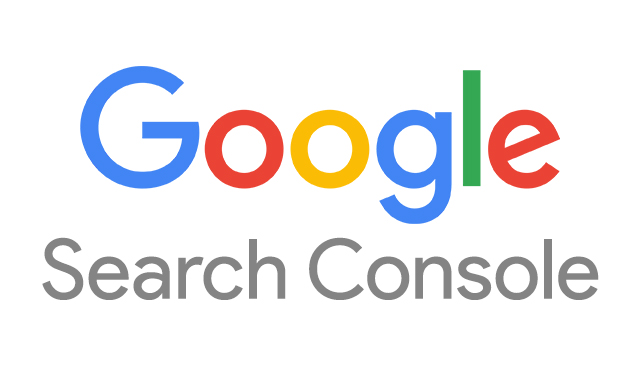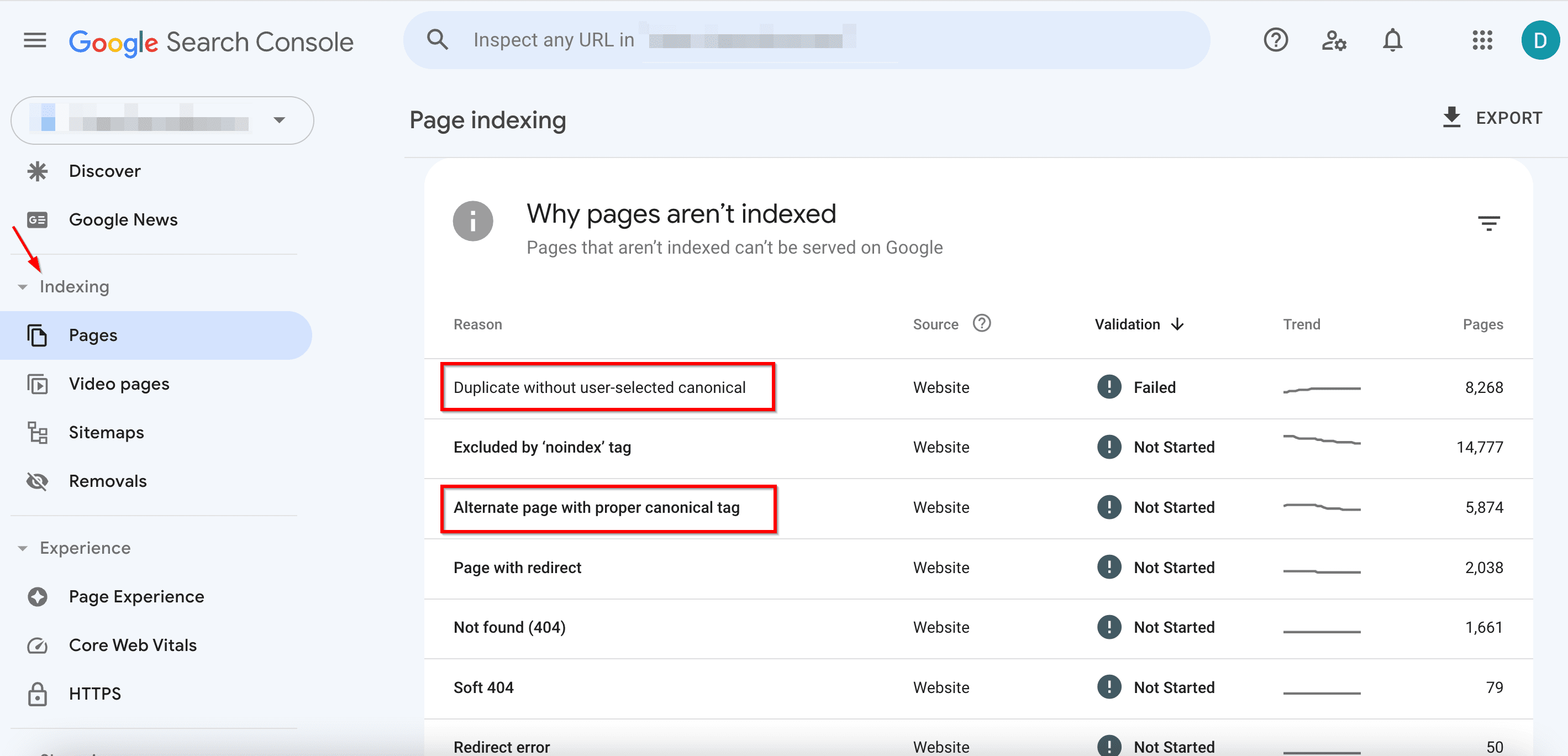
Why Is My Website Not Indexed? Common Reasons and Fixes
Having your website indexed by search engines is crucial for visibility and organic traffic. If your site isn't appearing in search results, it can be frustrating. Fortunately, there are common reasons why this happens, along with effective solutions. In this guide, we'll explore these issues and how you can fix them to ensure your website gets indexed promptly.
1. Your Website Is New
Issue: Search engines take time to discover and index new websites. If you've just launched your site, it may not be indexed yet.
Fix: Submit your website to Google Search Console and request indexing. Using a tool like Better Search Console can help speed up this process by ensuring Google discovers your pages faster.
2. Noindex Meta Tag Is Present
Issue: If your pages contain a noindex meta tag, search engines will not index them.
Fix: Check your HTML source code for <meta name="robots" content="noindex">. If present, remove it from the pages you want indexed.
3. Robots.txt Is Blocking Search Engines
Issue: Your robots.txt file may be disallowing search engines from crawling certain parts of your site.
Fix: Inspect your robots.txt file and ensure it doesn’t contain:
User-agent: *
Disallow: /Modify it to allow crawling if necessary.
4. Poor Internal Linking Structure
Issue: If your site lacks proper internal linking, search engine bots may struggle to discover all your pages.
Fix: Use a clear internal linking strategy. Ensure important pages are linked from your homepage and other high-authority pages.
5. Low-Quality or Duplicate Content
Issue: Google prioritizes unique, high-quality content. If your site has thin or duplicated content, it may not be indexed.
Fix: Audit your content using tools like Google Search Console and rewrite or improve low-quality pages.
6. No XML Sitemap Submitted
Issue: Without an XML sitemap, search engines may have difficulty finding all your pages.
Fix: Generate and submit an XML sitemap through Google Search Console. Better Search Console simplifies this by automatically handling sitemap submissions for you.
7. Slow Page Speed or Server Issues
Issue: If your website loads slowly or frequently experiences downtime, search engines may struggle to crawl and index it.
Fix: Use tools like Google PageSpeed Insights to identify speed issues. Optimize images, leverage caching, and consider upgrading your hosting provider.
8. Google Manual Penalty
Issue: If your site violates Google's guidelines, it may receive a manual penalty preventing indexing.
Fix: Check Google Search Console for any manual action notices and follow the recommended steps to resolve the issue.
Conclusion
Ensuring your website is indexed is essential for online visibility. By addressing these common issues and using Better Search Console, you can streamline the indexing process and improve your site’s search engine presence. Start optimizing today and get your pages indexed faster!
